Peak Wildlife Park makes rare species conservation plans
- Published
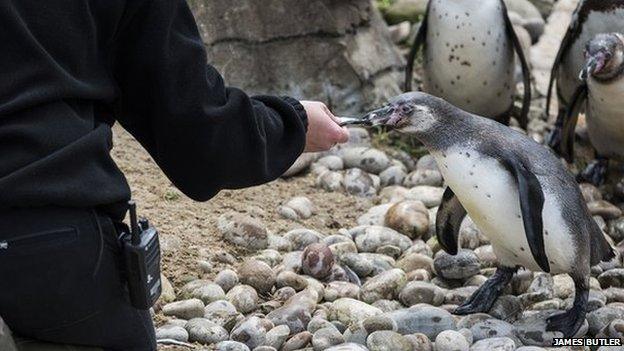
The new owners said they want to help conserve rare species, including the Humboldt penguin
A zoo that went into administration last year after a series of financial problems has reopened under a new name.
Blackbrook Zoological Bird Park, near Leek, Staffordshire, is now known as Peak Wildlife Park.
Dr Jake Veasey, one of the new owners, said it would concentrate on preserving rare species, including the Humboldt penguin.
"I think conservation is the mandate of zoos - it's what we're here for," he said.
The 35-acre site was purchased last year by Dr Veasey and Colin MacDougall, who between them have been involved in zoo management and wildlife conservation for over three decades.
The zoo had a guide price of £300,000-£350,000, although administrators would not reveal the final sale price.

Wildlife in park
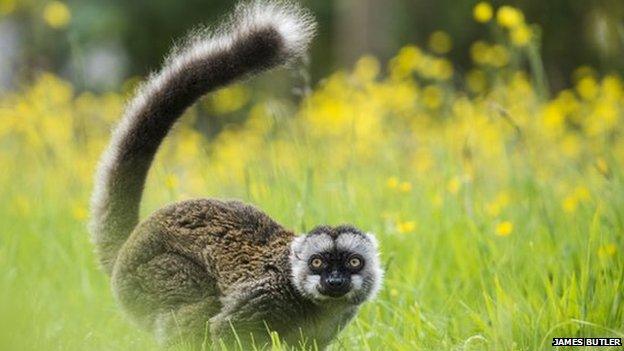
The park has three types of lemur
Ringtailed, ruffed and brown lemurs
Capybara - a large semi-aquatic South American rodent
Mara - a large South American relative of the guinea pig
Bennett's or red-necked wallabies, external - a native of Tasmania, there is a small wild colony living in the Peak District
Visayian warty pigs - a critically endangered species from the Philippines

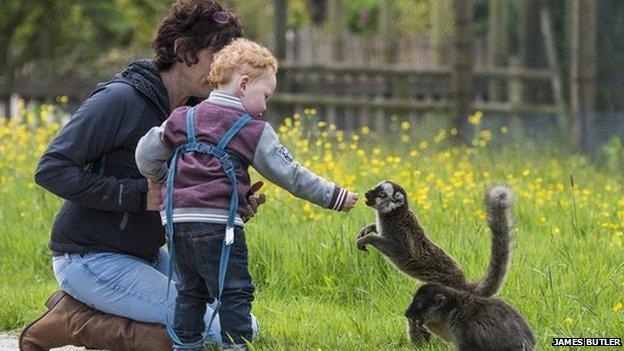
The park said the public would be able to walk among the animals
The wildlife park said it had changed the way animals are kept there, moving away from cages and aviaries in favour of open spaces where the public can walk among the animals.
"The animals benefit because they get much bigger spaces and the public benefit because they can really get in amongst them," Dr Veasey said.
The Humboldt penguins will be housed in three pools, which they will share with the other South American wildlife, the park said.
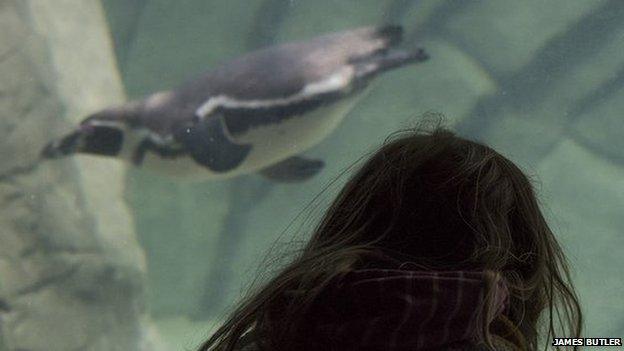
The penguins will share pools with other South American mammals
- Published16 April 2014
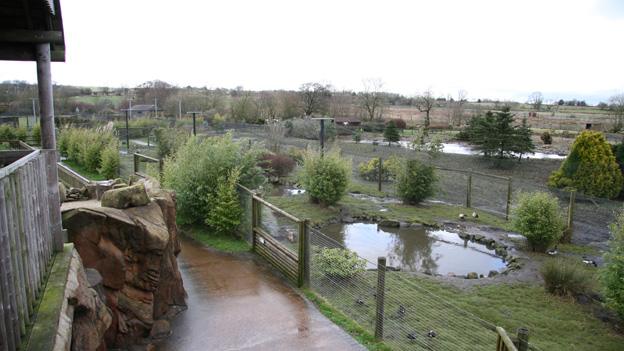
- Published24 March 2014
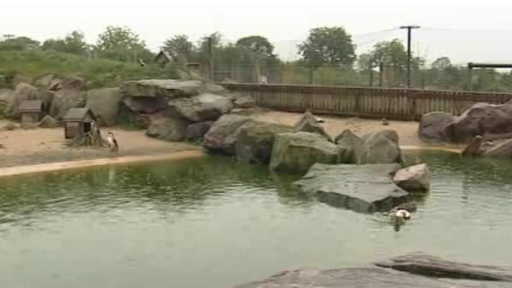
- Published6 March 2014
